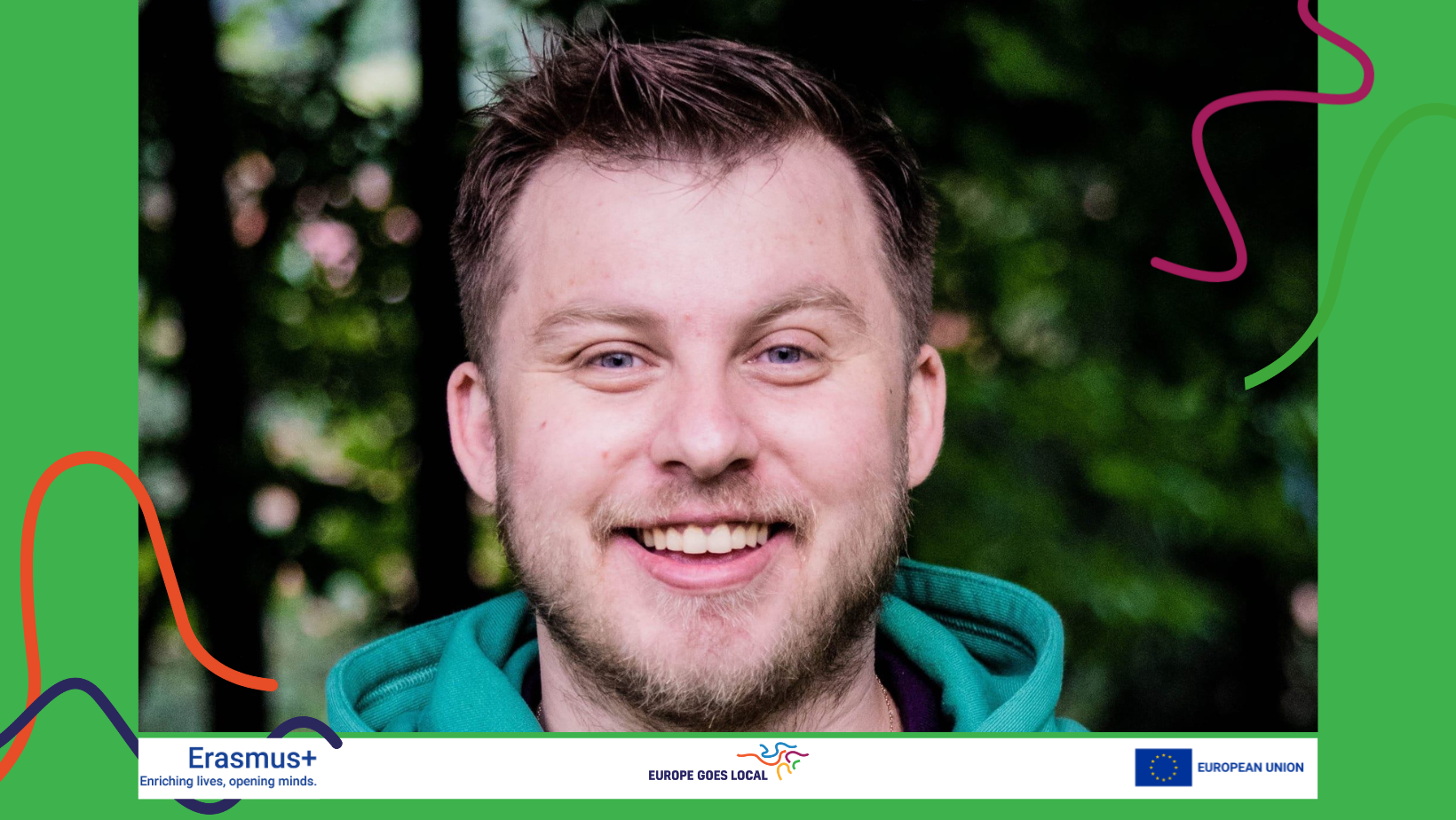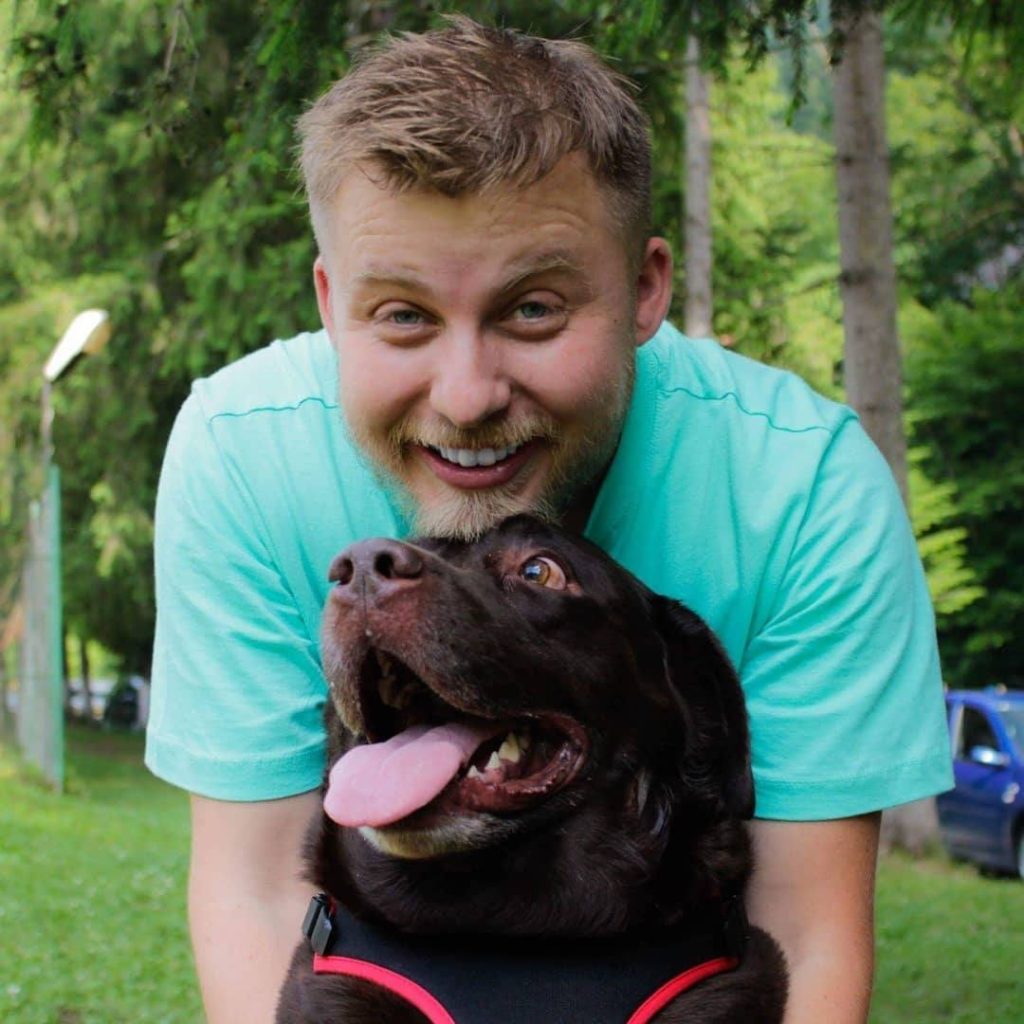
We’ve interviewed Victor Toma about the European Youth Village for “EGL in Action”. The European Youth Village is a Romanian program focussed on the specific challenges and needs of young people from rural areas and also tries to create opportunities for rural youth. You can read more about the program here. Now, we’re getting to know Victor in this latest “Faces of EGL”.
For Victor, youth work has always been a true source of joy. Ever since he’s been a young boy, he noticed how much is there to improve for young people in the villages, the connections of the villages, and in nearby cities. He grew up in the countryside, 30 kilometers away from Gura Văii commune, in eastern Romania. He still remembers walking quite far to go to the school. The infrastructure was poorly developed and there was barely any public transport. To go to high school Victor sometimes had to walk for 10 kilometers. And that’s how his passion for the youth work field grew at a young age, as he wished to see more change and connectedness between the rural and urban parts of his country. Victor’s first degree was in Biology, and then he completed a master’s degree in Gender and Minorities policies.
Victor is a big fan of the outdoors, going out and meeting people, and spending time with his pets. His favourite time is when he is with his chocolate Labrador and his Golden Retriever. They often join Victor for the field work and they’re recognized as the mascots of his organisation. He has another five dogs that live in the village.

Victor Toma likes following the Eurovision contests. When he was younger, he wrote poetry, and he hopes that his first poetry book will be published one day.
Working with people is what moves Victor, to see them growing and developing, to see them grow and build their leadership skills and take more charge in the communities. It motivates him to see teenagers who are 14 or 15 developing, participating in projects, volunteering, and then running valuable community projects in rural areas.